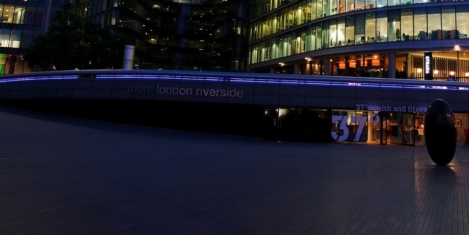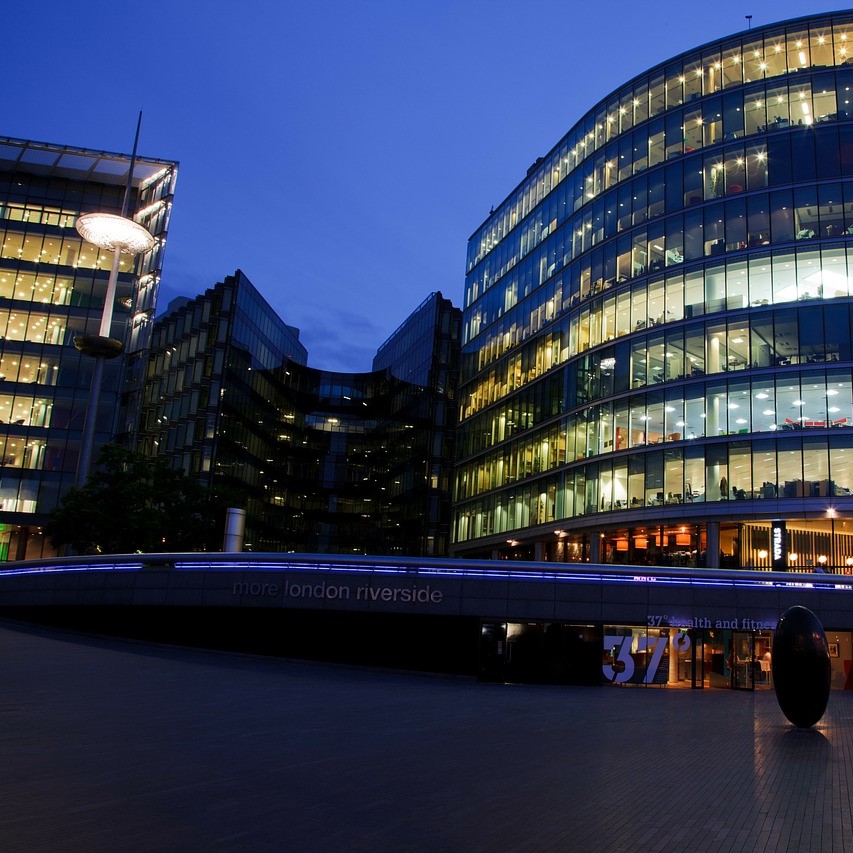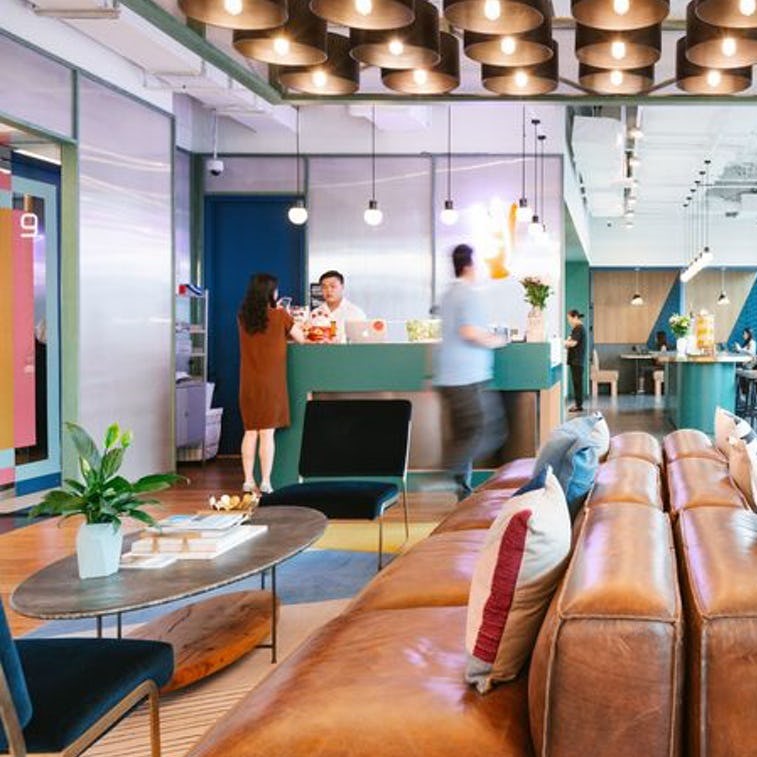October 29, 2019
Startup yulife is using gamification to boost workplace morale
 Yulife, a Shoreditch-based startup is using its innovative app to reward staff members for being healthy. The company offers life insurance plans for staff members which are backed by heavyweight insurer AIG, but staff also get the opportunity to earn rewards for every mile they walk, meditating and keep healthy. The company is the brainchild of former Vitality executive Sammy Rubin who founded yulife with a passion for bringing health and wellbeing to the UK insurance market. The insuretech company has hired renowned health expert Dr Rangan Chatterjee as the Chief of Wellbeing Officer and is endorsed by Deliciously Ella. (more…)
Yulife, a Shoreditch-based startup is using its innovative app to reward staff members for being healthy. The company offers life insurance plans for staff members which are backed by heavyweight insurer AIG, but staff also get the opportunity to earn rewards for every mile they walk, meditating and keep healthy. The company is the brainchild of former Vitality executive Sammy Rubin who founded yulife with a passion for bringing health and wellbeing to the UK insurance market. The insuretech company has hired renowned health expert Dr Rangan Chatterjee as the Chief of Wellbeing Officer and is endorsed by Deliciously Ella. (more…)





































October 28, 2019
The key to wellbeing at work is focusing on the individual
by Jonathan Hindle • Comment, Wellbeing, Workplace design
(more…)